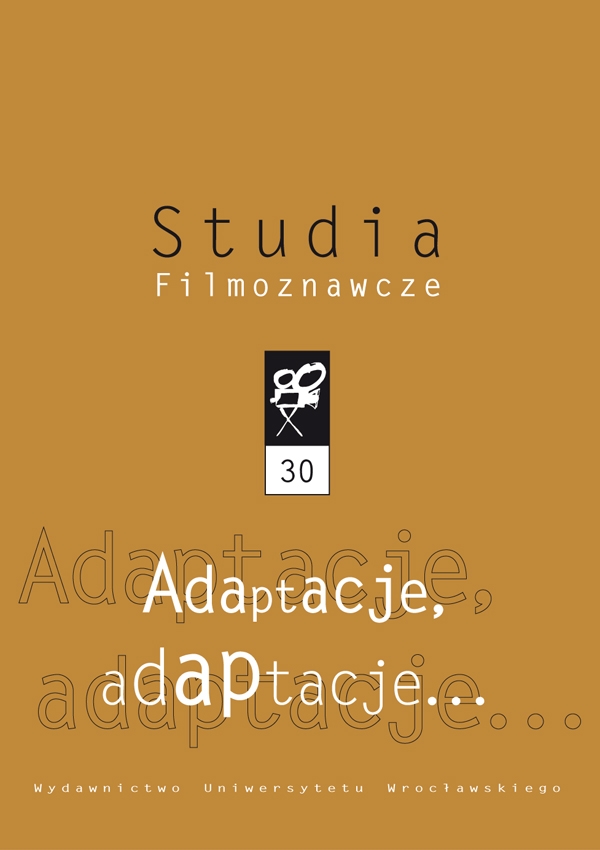

Artykuły

GRAIN OF CHARITY. KUROSAWA READS DOSTOYEVSKY
The main aim of the essay is to find analogies between films by Akira Kurosawa and novel by his favorite writer – Fyodor Dostoyevsky. Kurosawa made only one adaptation of Dostoyevsky’s novel, i.e. The Idiot, but the influences from his work can be traced in most of Kurosawa’s pictures, especially in Drunken Angel, Stray Dog, Scandal, The Lower Depths and Red Beard. Kurosawa admired Dostoyevsky for his deep compassion and – as he put it – the godlike courage of not to avert eyes in face of the most dreadful and tragic aspects of human life. The work of both artists is marked by a strong moral and social commitment and empathy for suffering and affirmation of human dignity. Also on the level of psychology of characters created by them, one can find an important similarity. The most interesting of the characters are condemned to be double, always divided by opposite inner forces. On the other hand, there is a significant difference between Dostoyevsky’s and Kurosawa’s point of view. The Russian writer was strongly attached to ideas of Christian Orthodoxy. His famous sentence anything is permissible if there is no God, implicates that, in his view on world, all social and ethical issues were determined by religion. By moving threats of Dostoyevsky’s novel to Japanese cultural ground, Kurosawa emphasized universal elements of writer’s humanism; however, he rejected the religious aspects of it.